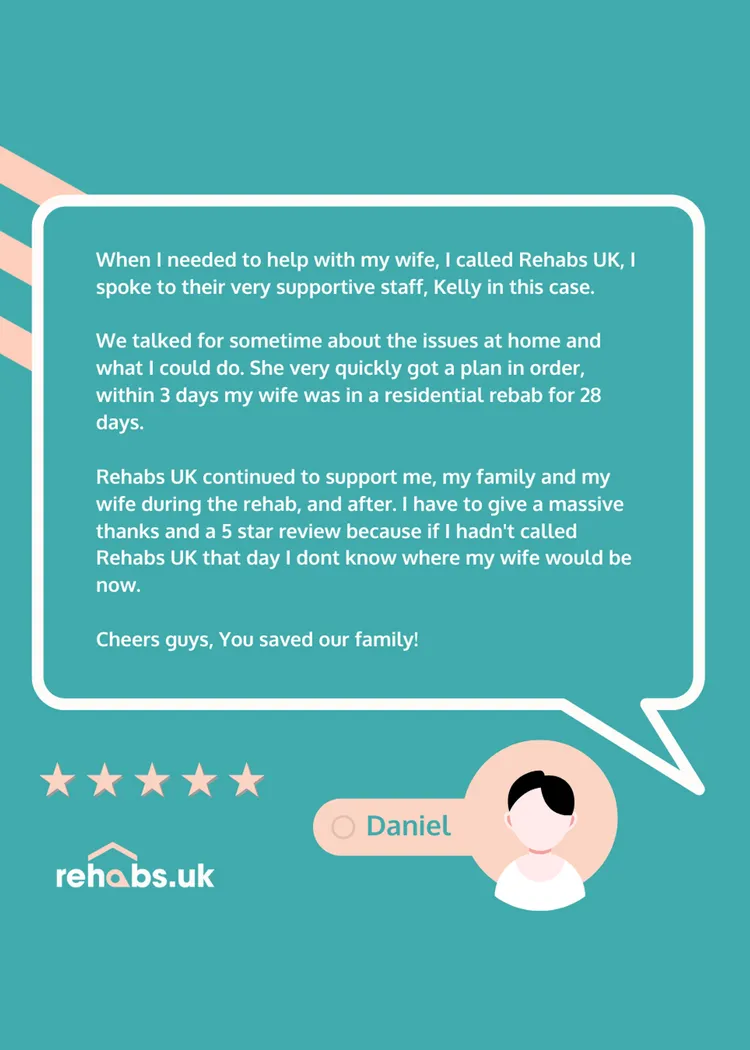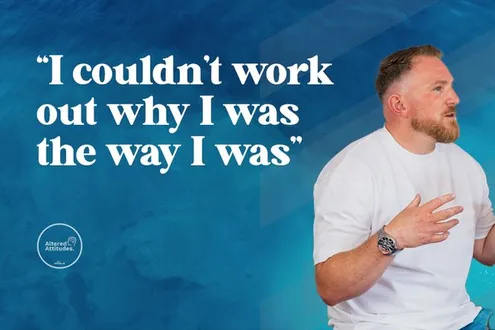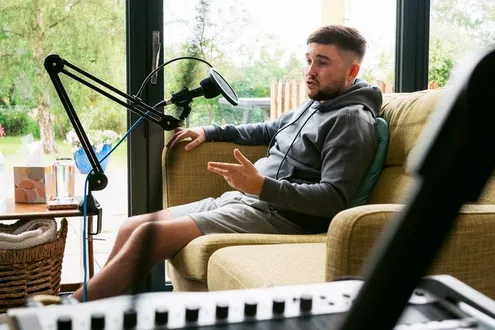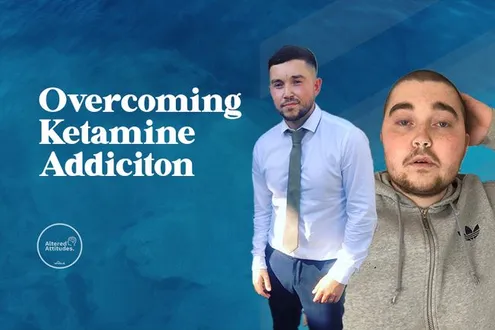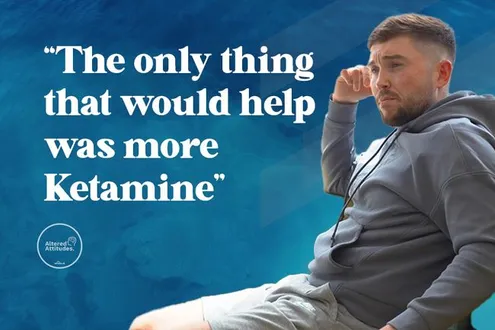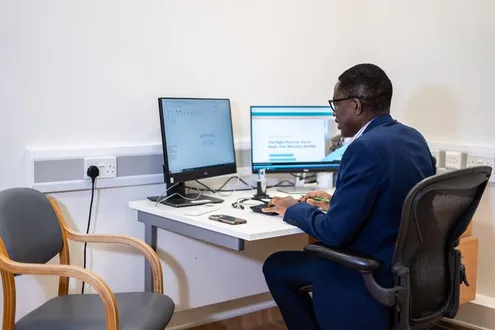Residential rehabilitation, also known as inpatient rehabilitation is different to other programmes such as outpatient rehabilitation as the individual stays at the facility and follows a treatment plan. The benefits of this are that specialist staff are able to provide round-the-clock emotional care and medical support especially if a detox is required. There are also a variety of luxury rehabs to explore within the UK and abroad.
There is evidence that highlights residential rehabs have higher success rate than outpatient or non-residential programmes. This is often because it disrupts the individual’s life for the duration of their stay and that they are enveloped into a recovery environment. Annemarie Ward from Favor UK during the Altered Attitudes podcast "Should people be given a choice to recovery" said "All the evidence bases that the longer you are in rehab the better"
Many individuals may have tried and exhausted without success other treatments such as home detoxing and therapy only to realise that they need a more intensive approach. This is very normal as addiction recovery is rarely linear.
Residential rehab programmes may consist of various treatment approaches such as the 12 step programme, group therapy and 1-2-1/individual therapy. There are however clinics that follow a purely non 12 step approach that focus on a programme that is more holistic and therapeutic as well as recovery retreats/ sober living guest houses which do not facilitate detox but provide a recovery environment.
"I can't thank you enough for the service you provide, it's saved my life" Joseph F.
If you are unsure what type of treatment plan you or a loved one may need please contact our trained Treatment Advisors for a free assessment.

Once a decision has been made about committing to residential rehabilitation and an assessment undertaken the individual will be required to be admitted. The staff will offer great support as soon as admission with many potentially being in recovery themselves. The treatments often include detoxification which staff will monitor carefully due to unpredictable withdrawal symptoms.
If you are in fully residential rehabilitation, it allows you to distance yourself from factors which may be triggering for you at home. By taking the individual out of their daily routine it can have a large impact on their success.
The length at which you stay at the facility can vary and ultimately is up to you. It can range from a 2-week detox to a 12-week stay.
Almost any addiction can be treated through residential rehabilitation, some of these include:
